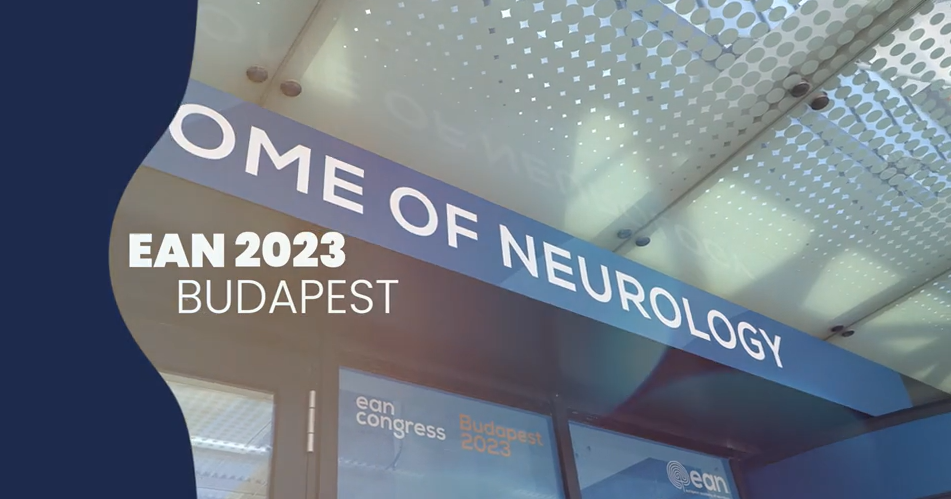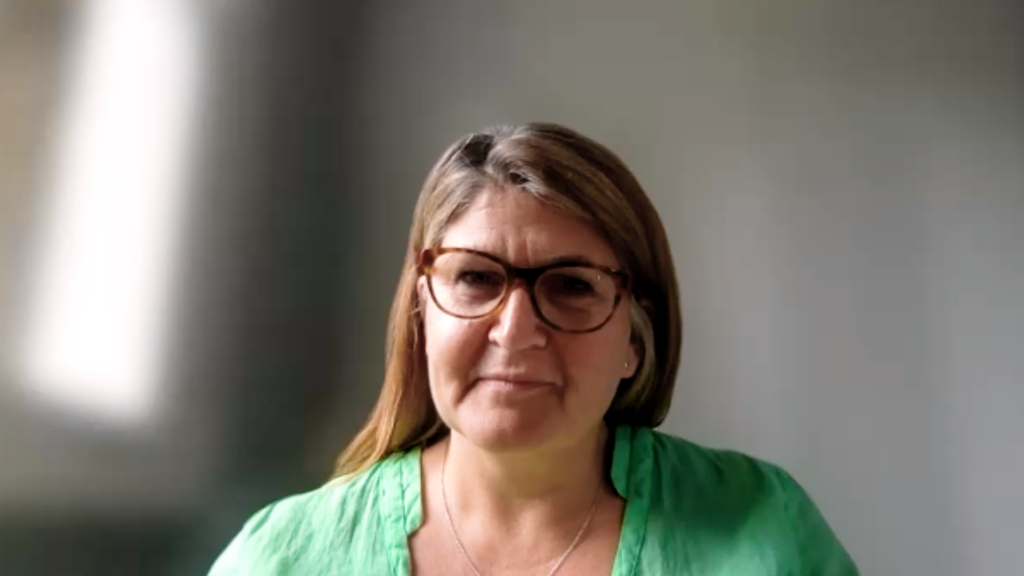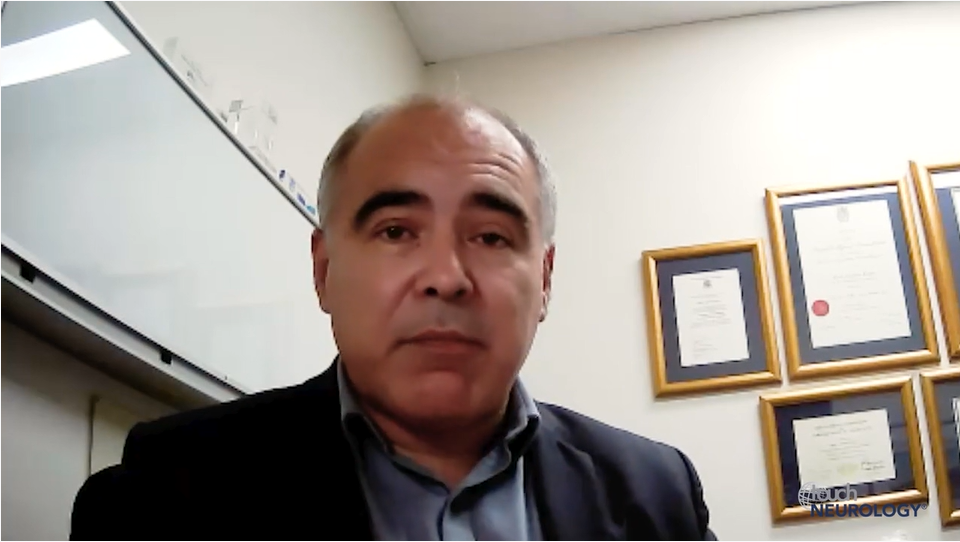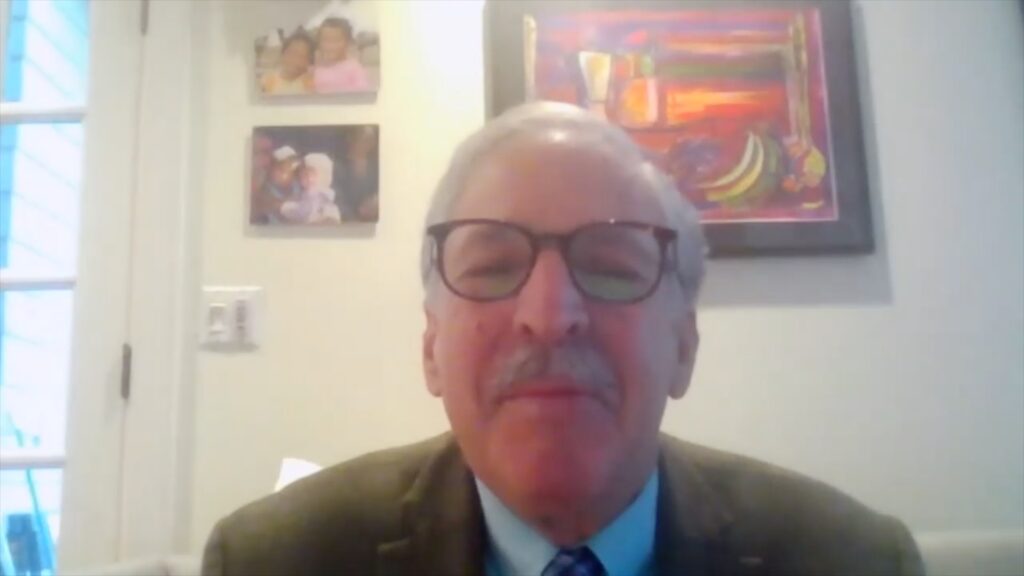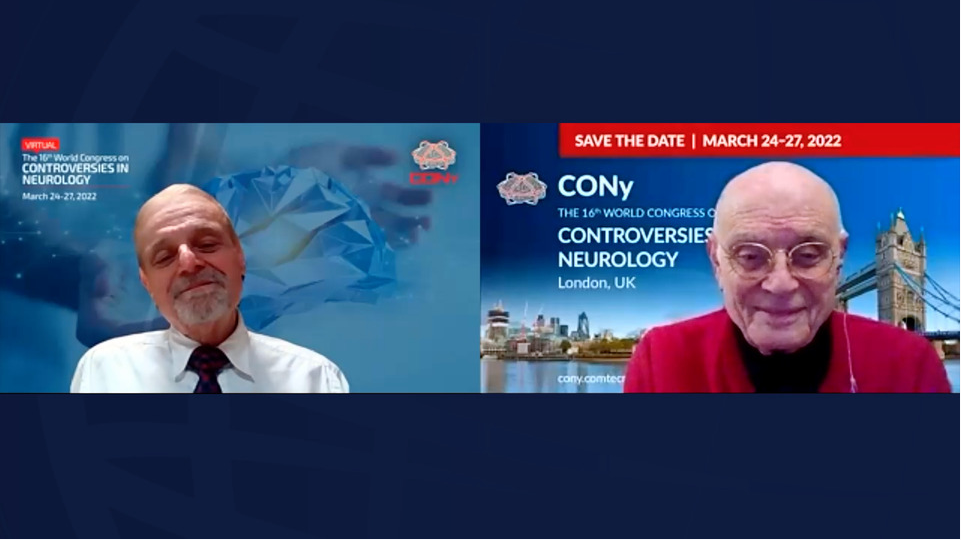We had the pleasure of meeting with Dr William E. Rosenfeld, MD (Comprehensive Epilepsy Care Center for Children and Adults, St. Louis, MO, USA). Dr Rosenfeld discusses the use of cenobamate as an antiseizure medication for the treatment of adults with focal seizures. Here he discusses a number of posters presented at AES 2021 from the C021 safety study, investigating the use of cenobamate in a global, long-term, open-label phase 3 study.
The following abstracts were presented at the American Epilepsy Society (AES) Annual Meeting, 3-7 December 2021:
- ‘Cenobamate Trough Plasma Concentrations in Patients With Uncontrolled Focal Seizures Reaching ≥50% or 100% Responder Rates for ≥12 Months: Post-Hoc Analysis of a Phase 3, Multicenter, Open-Label Study’
- ‘Efficacy of Cenobamate by Focal Seizure Subtypes: Post-hoc Analysis of a Phase 3, Multicenter, Open-Label Study’
- ‘Efficacy of Cenobamate for Uncontrolled Focal Seizures in Patients with Previous Epilepsy-Related Surgery: Post Hoc Analysis of a Phase 3, Multicenter, Open-Label Study’
Questions
- Could you tell us a little about cenobamate and its current approved use in the treatment of focal seizures? (0:29)
- Could you give us a brief overview of the C021 safety study, its aims and findings? (1:01)
- What are the clinical implications of these findings? (11:27)
Disclosures: Dr William E Rosenfeld has acted as a consultant/advisor to SK Life Science, Inc.
Support: Interview and filming supported by Touch Medical Media. Interview conducted by Katey Gabrysch
Filmed as a highlight of AES, 2021

